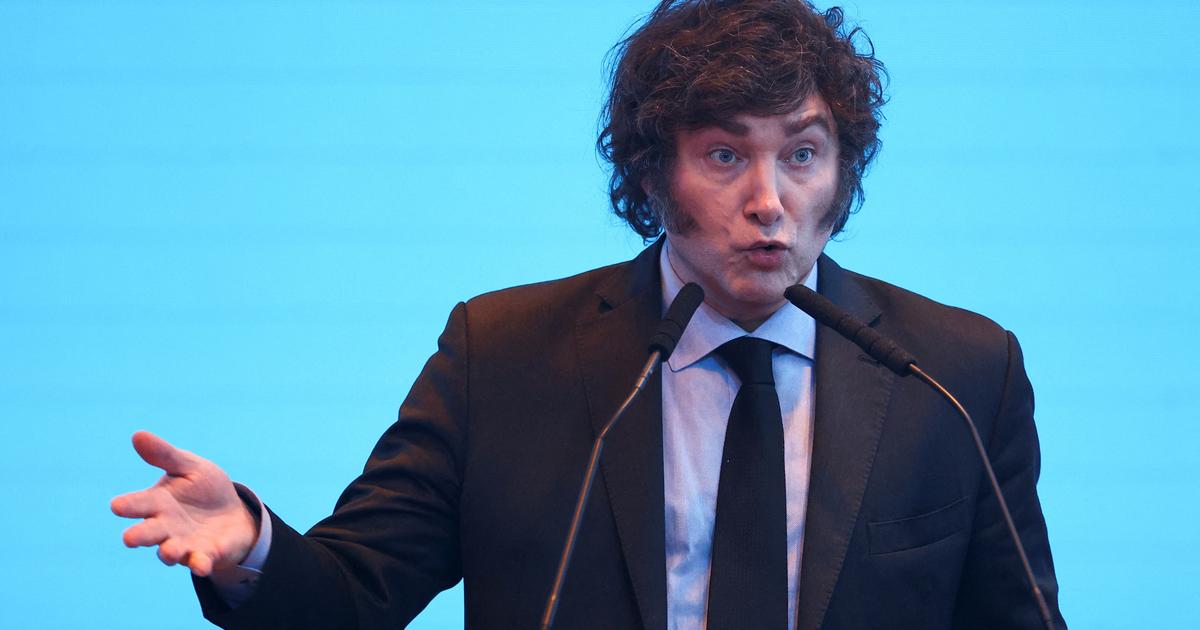Archive image of President Misael Pastrana Borrero, winner in the 1970 elections in Colombia. RR SS
So close yet so far.
Days before the second round, both Gustavo Petro and Rodolfo Hernández caress the Presidency of Colombia, but only one of them will reach the House of Nariño.
The last polls published before the week in which the publication of opinion studies is prohibited pointed to an extremely close picture, to the point that talk of a technical tie became commonplace.
In the average of the polls carried out by this newspaper until last Saturday, the difference between the two finalists was just 0.3 percentage points, with a tiny advantage in favor of Petro, who, if he won, would be the first left-wing president in the country. .
In this context, it is possible that next Sunday will be one of the tightest elections in the recent history of Colombia.
There are at least three clear antecedents of elections that were defined by minimal percentage differences.
The presidential elections of 1970, in which Misael Pastrana Borrero surpassed Gustavo Rojas Pinilla by 1.6% of the votes;
those of 1978, in which Julio César Turbay beat Belisario Betancur by 2.7%;
and the second round of 1994, when Ernesto Samper was elected over Andrés Pastrana -son of Misael- with a difference of slightly more than 2%.
The elections of April 19, 1970 were by far the most problematic.
The agreements of the National Front contemplated that this would be the last period in which liberals and conservatives would alternate power.
According to the final report of the Registrar's Office, Misael Pastrana, of the Conservative Party, defeated retired General Gustavo Rojas Pinilla, with his National Popular Alliance (Anapo) movement, by some 70,000 votes.
Rojas Pinilla had already been de facto ruler during Colombia's only military dictatorship, from 1953 to 1957. Those close elections were tainted by suspicions of irregularities in determining the winner.
“On election day, the recounts, which began in the big cities, where discontent over inflation was greatest, gave Rojas a notable advantage.
The Government, restless, suspended the disclosure of the results and when, the next day, it was announced that Pastrana had won, the doubt was general: many believed that during the night they had cheated in counting the votes”, writes the academic Jorge Orlando Melo in his book
Minimal History of Colombia
.
“The evidence indicates that the recount was correct (although undoubtedly, as in all elections, there was significant fraud in rural areas) and that the areas that remained unreported (but whose vote totals were already known) were largely part of the rural sectors where Pastrana had a majority, such as Huila and Nariño”, he points out with the calm gaze of the historian.
In an unexpected twist of fate, it was as a result of this alleged electoral fraud that the insurgency in which Petro militated in his youth was born.
“In 1974 a new guerrilla appeared, the April 19th Movement, M-19, Bolivarian and populist, made up of middle-class urban youth, many of them former communist or rojista militants and with a talent for theatrical and media operations,” Melo writes in his
Minimal History of Colombia
.
In 1978, the liberal Julio César Turbay also won the presidency with a slight difference over the conservative candidate, Belisario Betancur, but the differences were more ample until the 1991 Constitution came into force. With the new political charter also came the novelty of the second presidential round if no candidate exceeds 50% of the votes, which was inaugurated in the following elections, those of 1994. In the first round, the liberal Ernesto Samper obtained 45.3% of the votes and the conservative Andrés Pastrana 44.9 %.
In the final instance, Samper kept 50.6% and Pastrana 48.4%.
"There has been a clear tiebreaker between the two main candidates," noted the editorial of the time in EL PAÍS.
"Samper is elected president with a difference, not very big, but indisputable."
Pastrana recognized his opponent's victory and called on the population to put the country's interests above all else.
It is the narrowest definition since the presidential elections are disputed in two rounds, pending the pulse between Petro and Hernández next Sunday.
The level of uncertainty has skyrocketed, all observers agree.
With the aggravating circumstance that, since the March legislative elections, several politicians have denounced alleged electoral fraud or speak of a coup d'état without having convincing evidence in their hands.
Among them, former President Andrés Pastrana himself, in an irony that has been pointed out by analysts such as León Valencia, director of the Fundación Paz y Reconciliación.
Both President Iván Duque and Attorney General Margarita Cabello have been some of the political actors who “have generated an atmosphere of great concern, of distrust, and that is why rumors have been unleashed.
Petro echoes those rumours, but I think it is something more preventive than being certain”, Valencia told EL PAÍS on the eve of the first round.
The candidate himself has reiterated his suspicions.
“We have controls over the Registrar's Office, which has very suspicious movements.
There is no neutrality in the leadership of the Registrar's Office,” Petro warned this Monday in an interview with this newspaper.
“There is an immense danger, we must have our own controls.
Perhaps counting vote by vote, as tight as the numbers are.
If a transparent result is adverse to me, I will accept it.
The same if I win, but it has to be transparent, ”said the left-wing candidate.
If his controls detect anomalies, he explained, "the scrutiny has judicial mechanisms that include opening tables and recounting the votes, as in any other country."
The degradation of the favorability of the institutions in Colombia is a factor that makes these elections different, points out Sergio Guzmán, from the political risk consultancy Colombia Risk Analysis.
"There is a cloak of doubt about the independence and impartiality of the institutions that are supposed to arbitrate these elections, that must ensure that the process is reliable," he warns.
To this is added the social unrest exacerbated since last year, so a narrow result can be an additional trigger for people to go out and demonstrate.
"It will be essential that both national entities and international observers manage to give a part of calm and impartiality in the electoral results to guarantee legitimacy in case the result is adjusted."
Subscribe here
to the EL PAÍS newsletter on Colombia and receive all the key information on the country's current affairs.

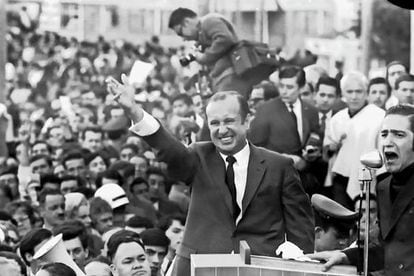
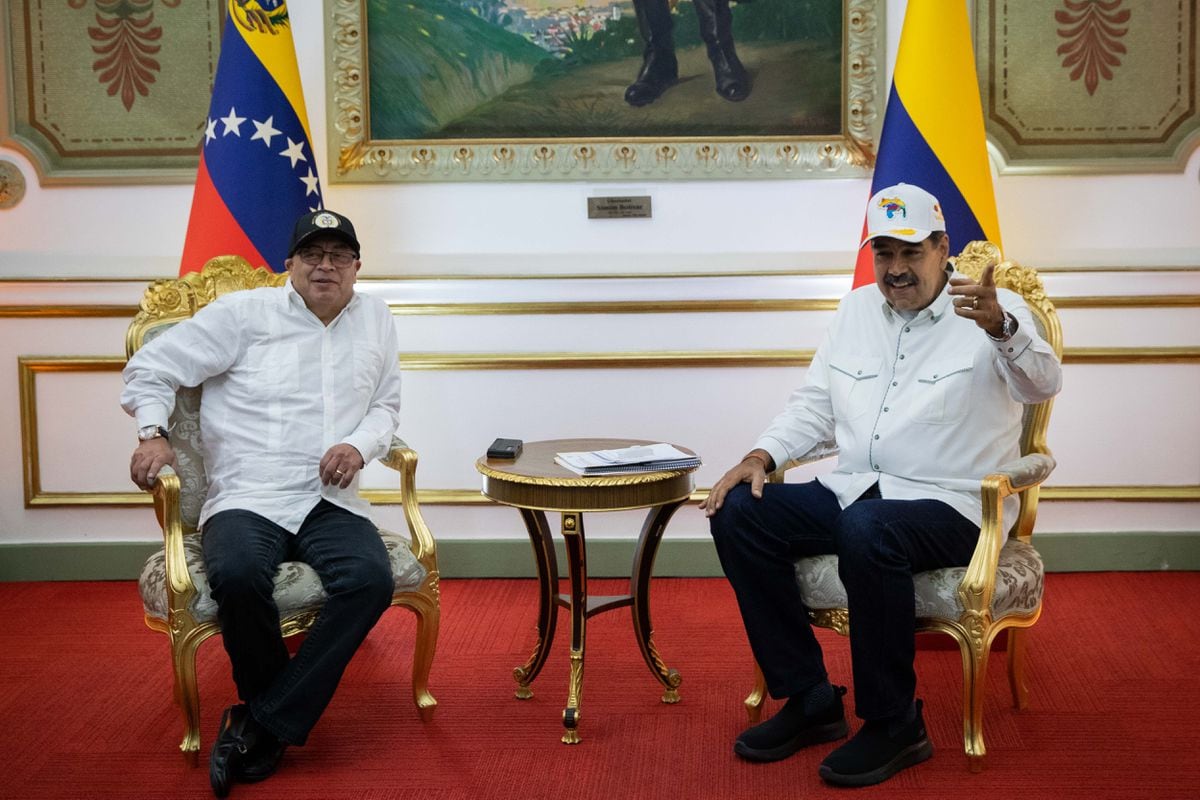
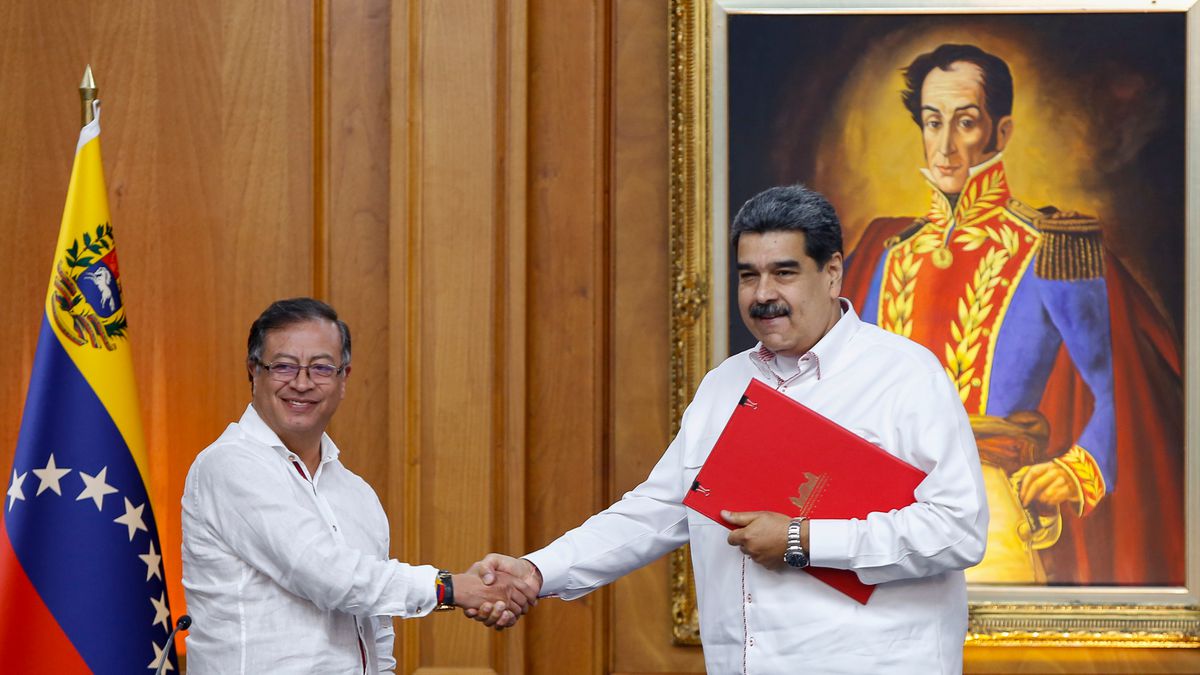
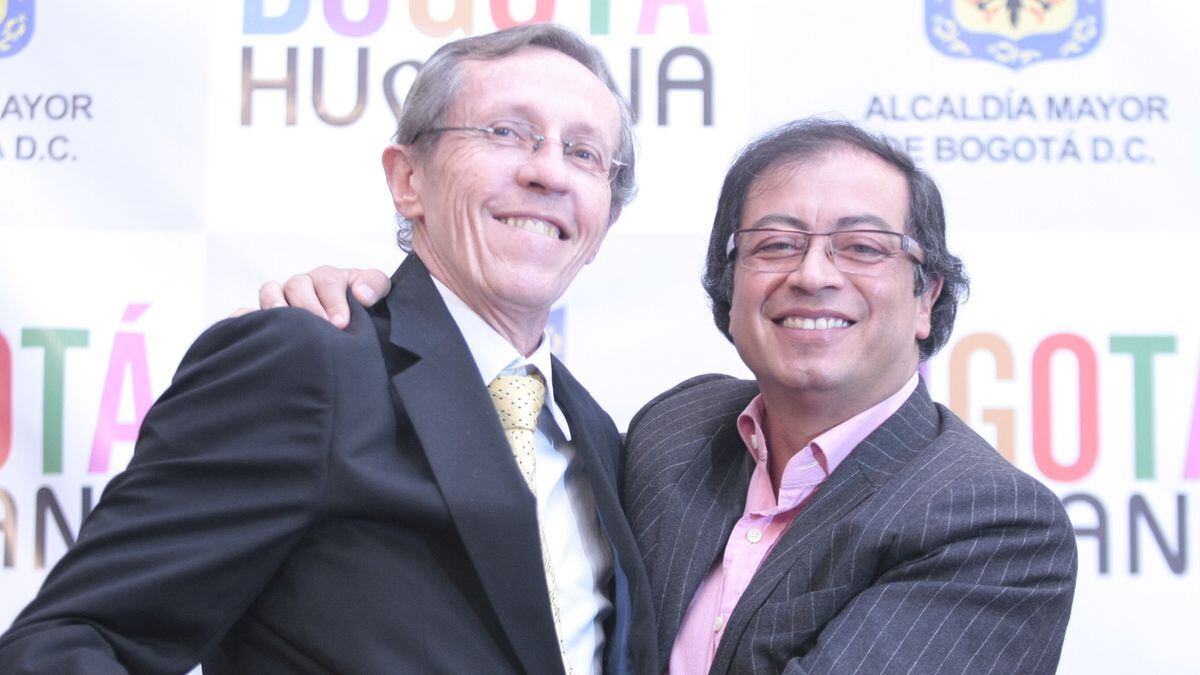
/cloudfront-eu-central-1.images.arcpublishing.com/prisa/NZ3KWMFSD5GELFE3GLHUROE4FE.jpg)
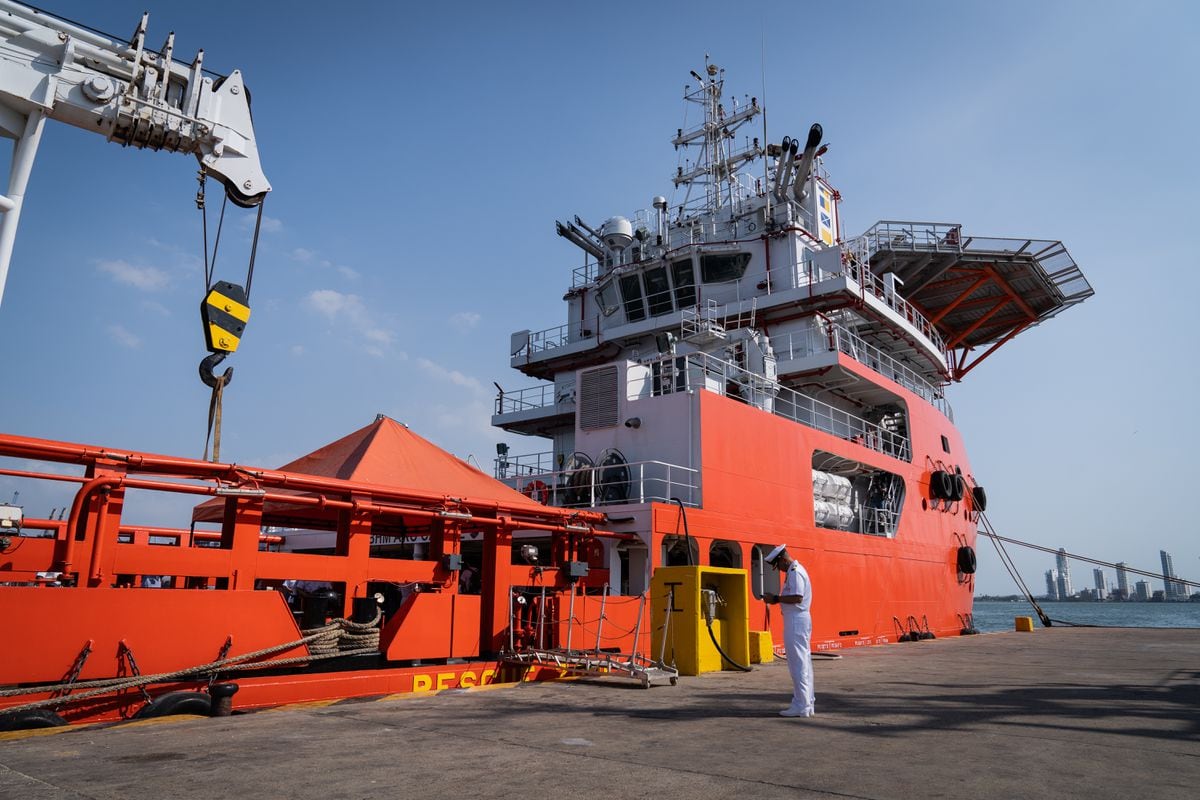
/cloudfront-eu-central-1.images.arcpublishing.com/prisa/EFRVA77BGRH2ZPU376CHIPIX3I.jpg)
